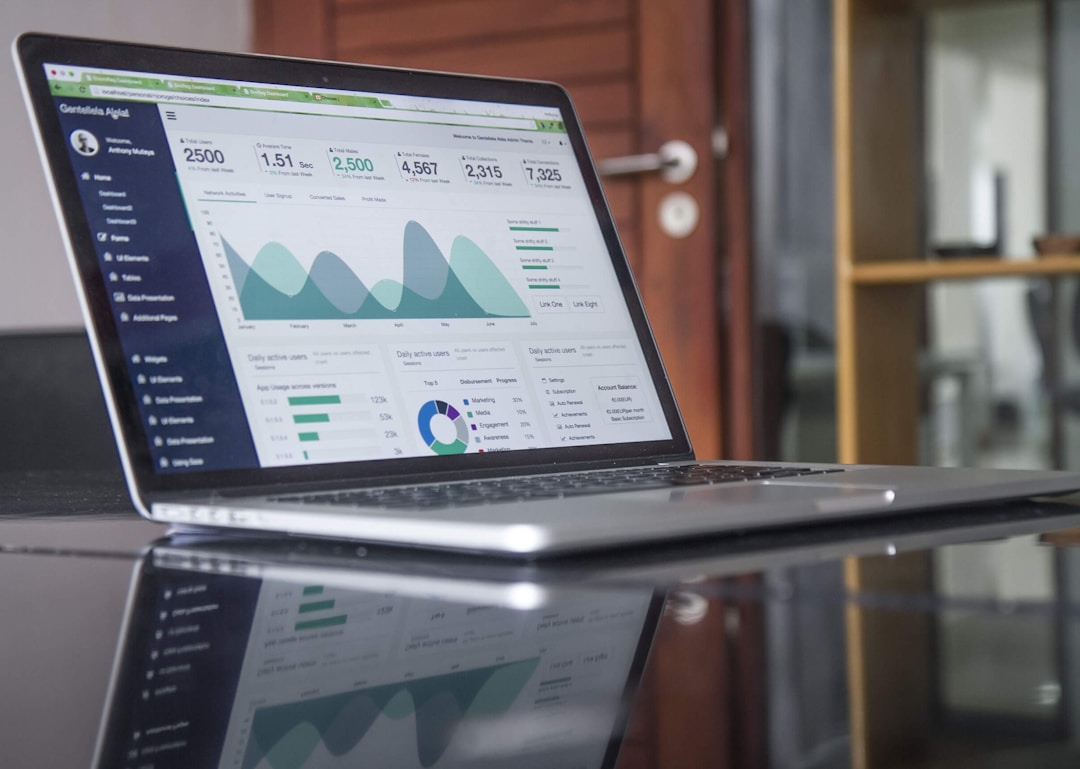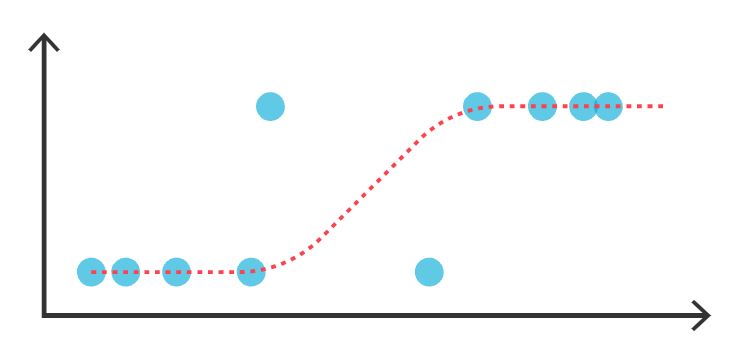Like any other mechanism for a business, it’s important that those who are overseeing your data and machine learning are aware of how best to handle it procedurally. Logistical regression (LR), which creates a statistical model to determine the probability that an event can happen, needs to be evaluated by technicians who grasped this information best. Logistical regression, or LR, is used in machine learning to help creature accurate predictions. Let’s take a look at some of the sectors that are relying on regression models, and who they need to oversee these capabilities.
Page Contents
Health Care

The health care sector is using logistic regression in many circumstances, but perhaps the most popular adaptation is through the Trauma and Injury Severity Score, or TRISS. This is used to predict fatality in injured patients based on variables like the revised trauma score, injury severity score, and the age of the patient to predict certain health outcomes. It’s important to be able to have this data inputted properly to best assess the situation. Through multinomial regression, health care systems are able to predict a likelihood of a patient developing a certain illness. For example, a doctor will rely on a regression model to look into age, gender, and other genetic factors to determine the likelihood of a patient contracting diabetes.
Politics

Pollsters commonly rely on regression models to help them get an understanding of the electorate in a particular race. Statisticians will look into variables like a voter’s registered party to determine where a candidate stands in terms of favorability heading into Election Day. These predictions are also made on the basis of things like age, gender, place of residence, and social standing to produce an idea of the likely direction they’ll go on the ballot.
Product Testing

Logistical regression can be used in engineering to predict the success or failure of a system that is being tested or a prototype product. This is usually enveloped by manufacturers along with other machine learning capabilities that allow for designers to make changes to their products before actually creating a physical item, saving on production expenses.
Marketing & E-Commerce

LR can be used by marketers to predict the chances of a customer’s enquiry turning into a sale or potential customer interest in a new product line. Analysts within marketing firms will rely on these regression models to best assess trends based on the frequency of purchases, or perhaps seasonally in the case of certain industries. E-commerce companies invest heavily in advertising across various forms of media. A binary regression model helps deviate the target audience, categorizing customers as “responders” or “non-responders.” This is also known as propensity to respond modeling. With insights that come from regression outputs, companies are able to optimize their strategies and achieve business goals with a reduction in expenses and losses.
Finance

One way in which the financial sector is relying on LR is when a credit card company uses it to predict the likelihood that a customer will default on their payments. The regression model could be for the issuance of a credit card to a customer based on their credit score and history. The model can say whether a certain customer will “default” or “not default.” This is known, in the banking world, as default propensity modeling.
The truth is that these logistic regression models have a lot to offer any business based on the most important variables they need to assess. There are two types of measurables. The explanatory variable describes the item being measured by LR, while the response variable describes the outcome. It’s a binary module: 0 or 1. However, it can provide the utmost clarity for your business to succeed.


